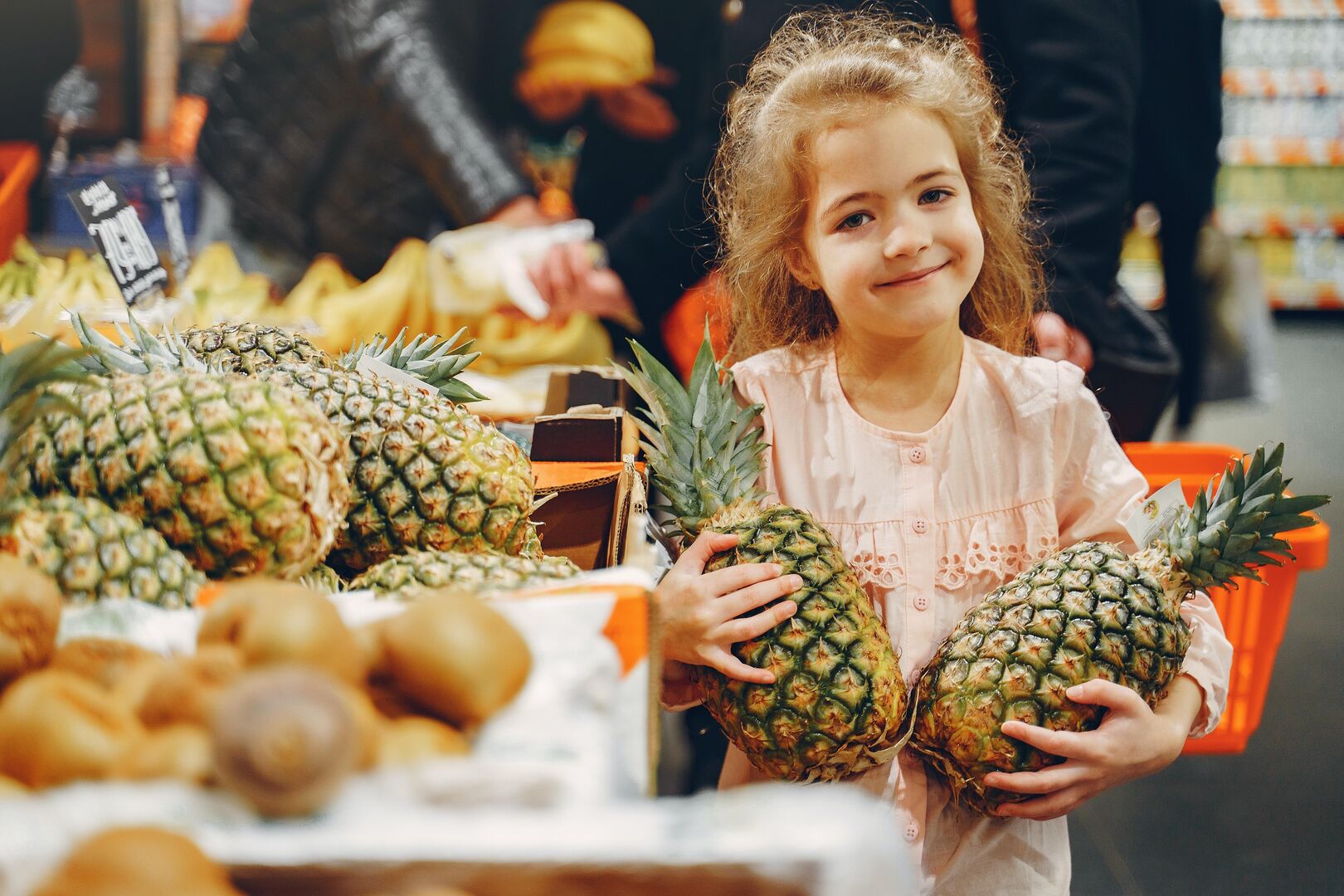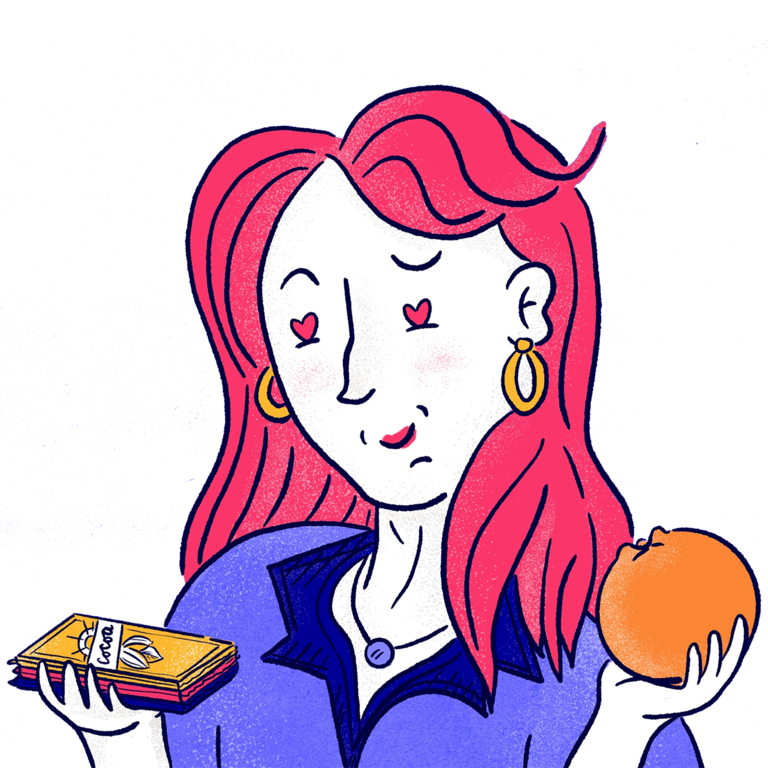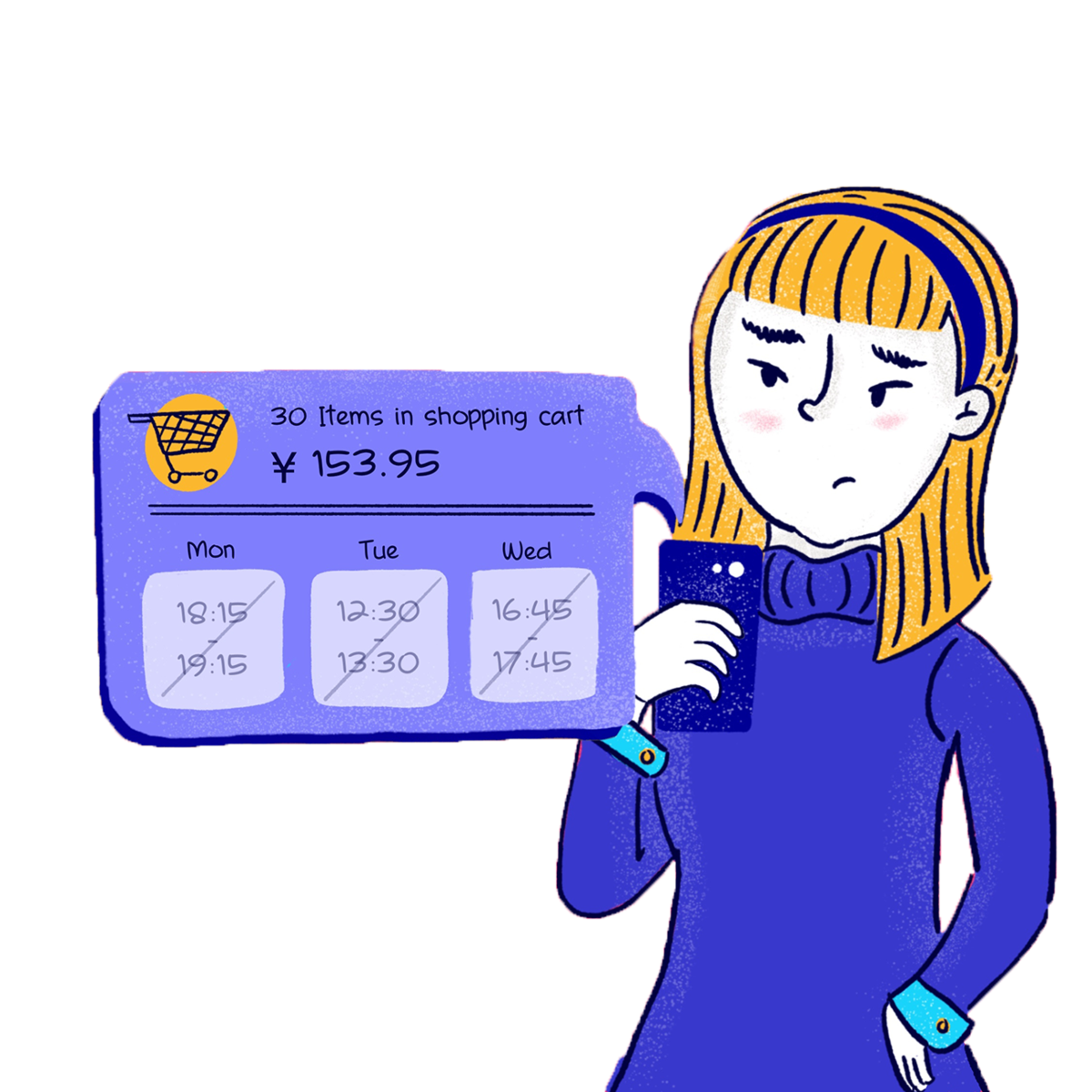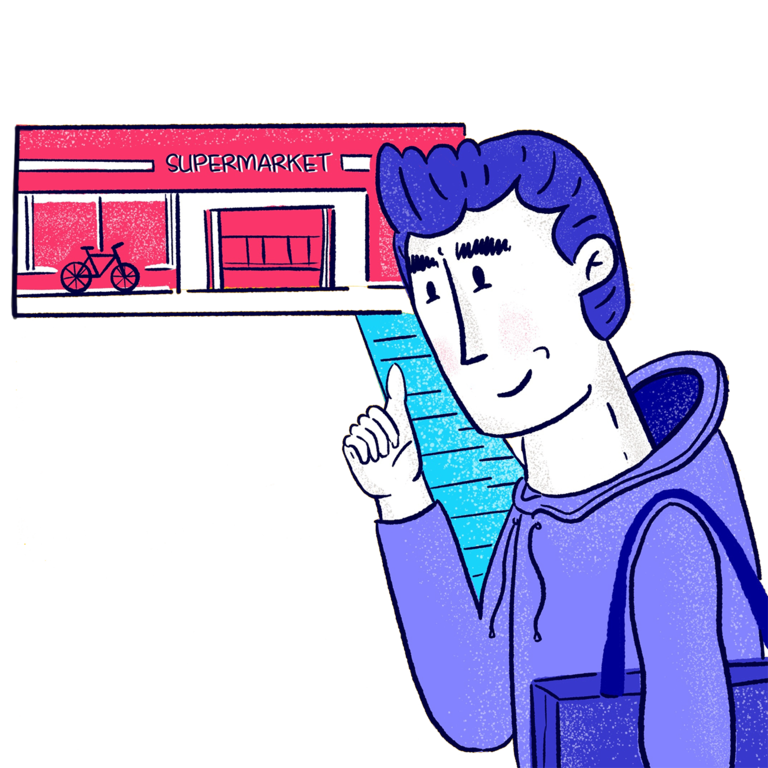
A global perspective is needed to understand the impact of the COVID-19 pandemic and to leverage the opportunities it brings to food retail. BrandLoyalty and IceMobile activated their unique global network in food retail to study consumer behavioral changes resulting from COVID-19. In contrast to most studies around COVID-19, this study emphasizes the qualitative insights and highlights the 'why' behind consumers' actions. This approach gives a peek into the 'new normal' of food retail and shows which consumer changes are temporary or permanent. Read further to discover the 5 crucial themes to stay relevant after COVID-19 and to request the full report.
The new normal of food retail
After a crisis situation or other big life events, people re-evaluate all levels of Maslow's pyramid to make sure that their lifestyle and (purchase) behavior still fulfill their needs in their new everyday context. Besides the direct effect of COVID-19 on the 'new normal', there are indirect effects and life events such as divorces, a baby boom, unemployment, and job changes. Also, social rules and our perception of value have changed.
Since the impact of the crisis is so immense it will take a while before consumers will go up to the higher levels of the pyramid again. Retailers must consider how their offers and services comply with consumers' new normal of the 3 lowest levels of the pyramid. How can food retailers best respond now?


The new health
A healthy lifestyle used to be part of the higher levels of Maslow's hierarchy, like status and self-actualization. It was a lifestyle that needed to be 'seen' externally and often shared on social media. However, since COVID-19, health has acquired a new definition in developed countries. Instead of health as part of a chosen lifestyle, often aiming for status, it turned into a functional decision. Eat healthily to stay healthy. High quality of sleep to maintain a high-quality life. But how can food retailers explain and assist consumers with making truly healthy choices - beyond the obvious - and knowing what good health is about? And what does this mean for private label brands?
The importance of nostalgia
The second level of Maslow's hierarchy is about safety and security needs, such as feeling secure, having shelter, and financial stability. Often, this second level of needs, combined with its first level, is seen as the basic needs for humans. For example, in a time of crisis, people look for things that create trust. Therefore, they try to stick to habits and structures they are familiar with to keep this feeling of security.
Nostalgic hobbies create a feeling of being safe and secure. Therefore, not surprisingly, people started with nostalgic hobbies, like playing board games, puzzles, embroidery, (spool) knitting, but also listening to music from the '50s to the '80s, like the Beatles. So how can food retailers leverage nostalgia to make consumers feel safe and secure in the short term as well as in the long term?


Home is where the heart is
As a high number of the population has been forced to stay at home, people started to find ways to create a pleasant and safe home environment. While at home, people spend more time on home improvements and cleaning. Moreover, consumers started to cook and bake more since COVID-19. Home-made food contributes on the one hand to the new health, but on the other hand, it creates a safe atmosphere at home. How can food retailers assist and support their shoppers in creating homemade food? And how can they leverage on homemade to give consumers a safe feeling?
Experience of digital and physical services
Consumers gained diverse experience with the use of different digital services, like the self-scan, mobile or contactless payments, or ordering online. However, not all experiences are that positive. Loyal online shoppers feel disappointed as they are not able to reserve a delivery time slot while first-time users of digital services have an awful start as digital systems are under high pressure.
Consumers who used to enjoy their grocery shopping trip, now experience less pleasure when strolling through the supermarket. They experience it as stressful, hard to keep distance with the narrow aisles, long queues, and the fear of being affected by other visitors.
How can food retailers reward loyal online shoppers, regain the trust of consumers in stores and make grocery shopping an enjoyable trip again? And are consumers' shopping systems changed while they are ensuring their own safety?


Rise of local and community
The third level of Maslow's hierarchy is about belonging - the need of being part of a family, a group of friends, a community, and/or a country. COVID-19 is fuelling people's desire to survive together and therefore, also help others in need. People are more dependent on local facilities of their neighborhood and feel the need to support local. They seek a local focus of retailers and want to be part of a community in order to feel safe, grounded and to create a sense of belonging. Interestingly, consumers indicate they would like to keep this caring attitude towards the community. Retailers should consider how to reshape their current brand position to be part of the shoppers' community.
Since COVID-19, consumer behavior has changed, and businesses need to revolve around this 'new normal' to stay relevant. By conducting qualitative and quantitative research, emphasizing the 'why' behind the results. We'd love to weave our experiences in research and loyalty with your efforts to meet shoppers' needs. Feel free to request the full report below to gain more insights into the new normal in food retail. Please hit the' More information' button below for any outstanding questions or to discover the possibilities for tailored research or solutions.

Want the full report in your mailbox?
Do you want to apply our customized research services to your business? Together with a team of experts, we're diving into the consumer's mind on a daily basis. Do you want to learn more about your shoppers? Contact us now to explore what we can bring to your business.
More informationReceive more information?
To learn more about the 5 themes retailers must consider to stay relevant after COVID-19, please reach out to your BrandLoyalty contact person or send an e-mail via the button below and receive the full report.
Contact us now